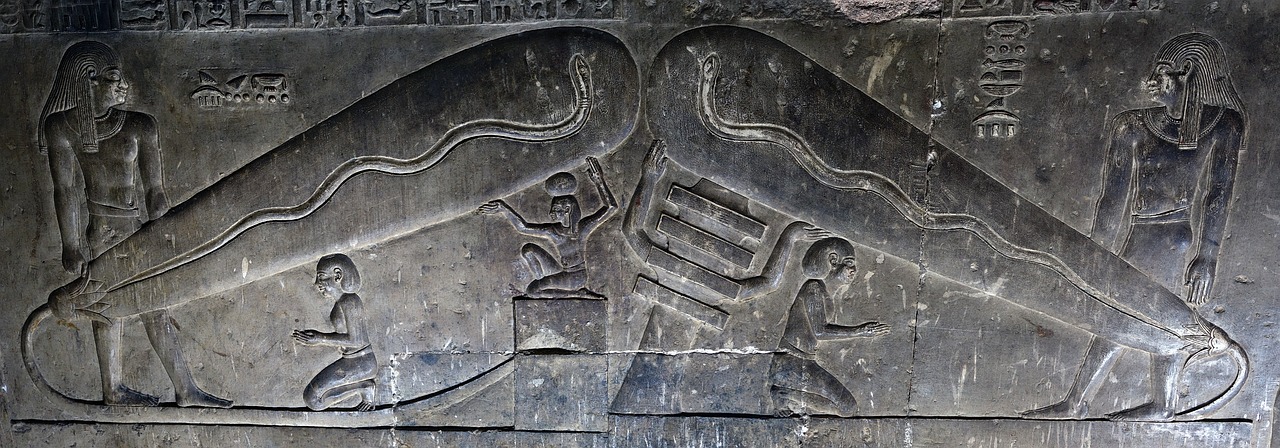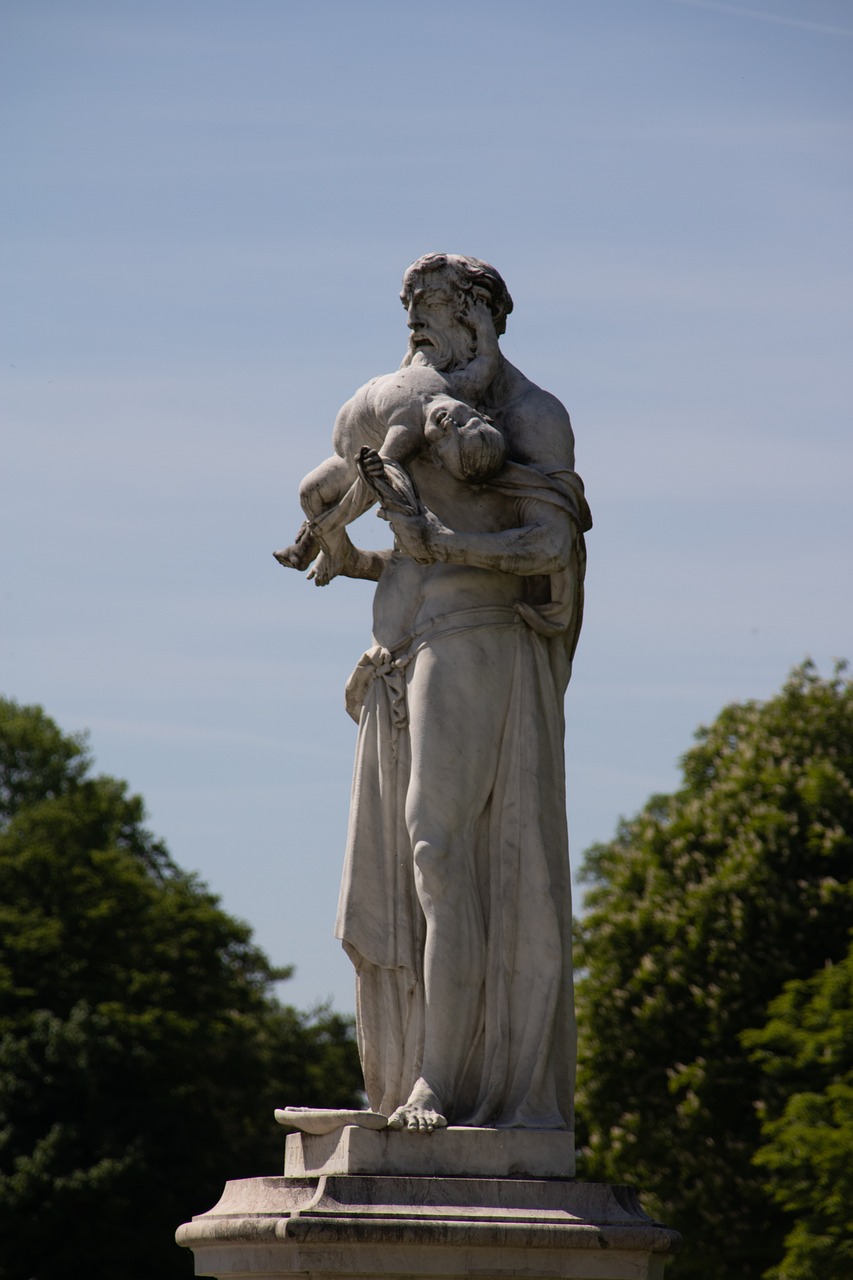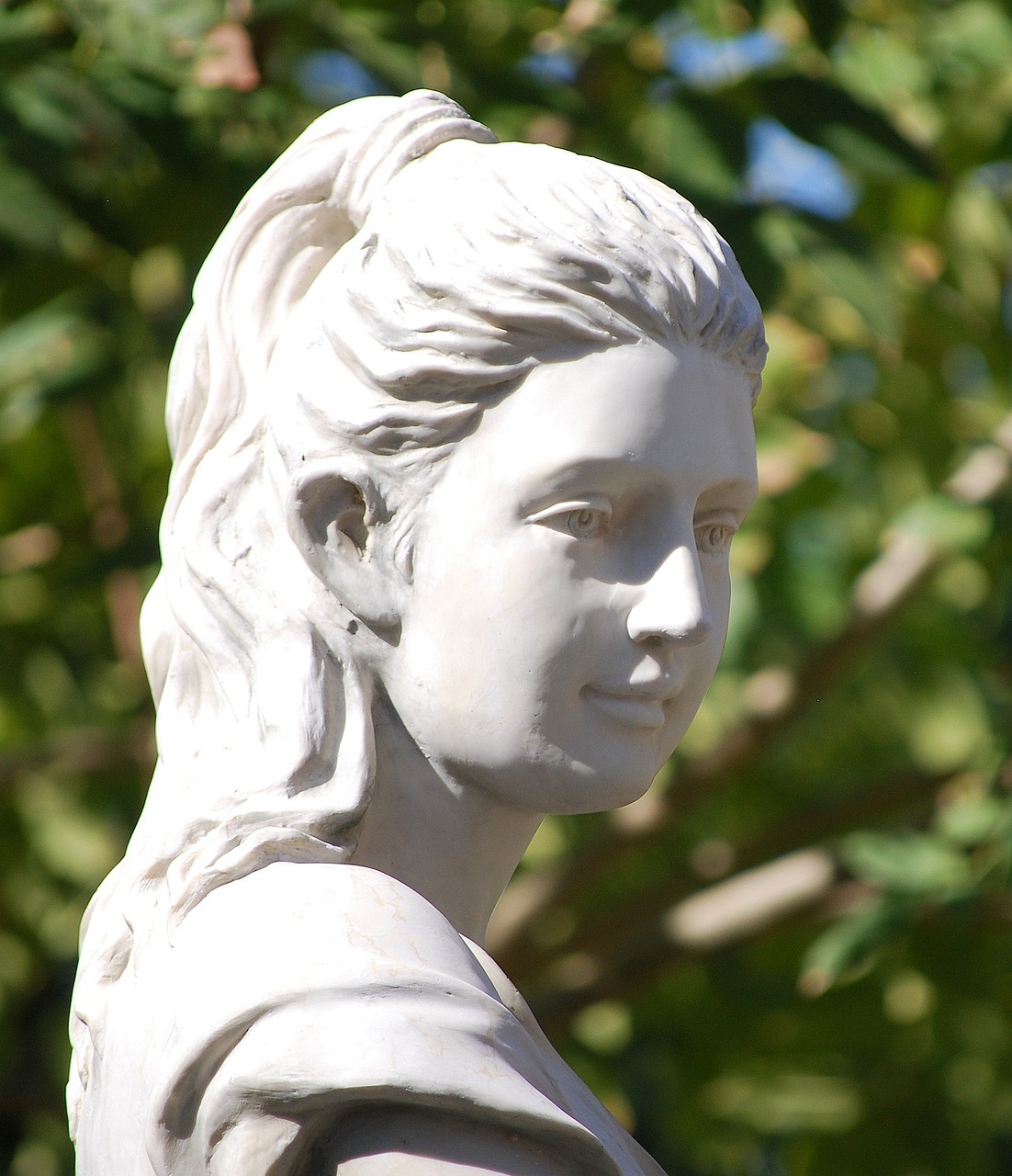-

A young woman stands in front of her mirror, meticulously applying dark eyeliner. After taking a moment to examine her handiwork, she nods in satisfaction with the results. Before she moves away, her eye catches a gold bracelet, which features an elaborate design of a woman adorned with a cow-horned headdress. Sliding the bracelet up…
-

The Legacy of Cronus: King of Time Pronunciation: kroh-nuhs Other Names: Kronos Origin: Greece Cult Center: Athens, Gades, Lebadeia, Olympia Role: Ruler of the Heavens Symbols: grain, harpe, scythe, sickle, snake Wife: Rhea (his twin sister) Children: Demeter, Hades, Hera, Hestia, Poseidon, Zeus Who is Cronus? Cronus, the offspring of Uranus and Gaia, reflects on…
-

Hades: The Ruler of the Underworld Hades, known as “the Unseen,” or Pluto (“the Wealthy One”), is a prominent figure in ancient Greek religion, recognized as the god of the underworld. As the offspring of the Titans Cronus and Rhea, he is among the siblings of key deities like Zeus, Poseidon, Demeter, Hera, and Hestia.…
-

The ancient Greeks held a profound understanding of death, viewing it as a final passage that individuals must traverse. Following burial, the souls of the deceased were believed to traverse a watery path leading to Hades, the domain of the dead. Once there, these souls remained for eternity, eventually fading from collective memory. The depiction…
-
Are you fascinated by the ancient tales and myths of Egypt? Then the intriguing figure of Apep, also known as Apophis, is likely on your radar. This article explores the captivating narratives surrounding this serpent deity, examining the symbols and powers linked to him. Understanding Apep (Apophis) Apep, or Apophis in Greek traditions, stands as…
-

Hestia: The Goddess of Hearth and Home Introduction Hestia is a revered figure among the twelve Olympian gods and goddesses in Greek mythology, embodying the concepts of the hearth, home, and family. Prize for her calming and caring demeanor, she is often illustrated alongside a flame, symbolizing the comforting hearth fire that nourishes and warms…
-

Overview of Juno in Roman Mythology Juno, also known by the Latin name Iuno, occupies a significant role as the queen of the Roman gods and the consort of Jupiter, their king. Esteemed as a protector and advocate for women, particularly in the spheres of marriage and motherhood, her mythology and visual representation were largely…
-
Goddess Seshat: The Divine Scribe of Ancient Egypt Seshat, which translates to “female scribe,” held the esteemed role as the goddess of documentation and literature in ancient Egyptian culture. She was entrusted with the important task of chronicling the years of reign for pharaohs and safeguarding the House of Life, an institution dedicated to preserving…
-

Ceres, the Roman goddess associated with agriculture and harvest, plays an integral role in mythology, symbolizing both bounty and scarcity. While her blessings bring about abundant crops, her discontent leads to blight and famine. She is often envisioned as a nurturing matron adorned with symbols such as the sickle, grains, and cornucopia. Her Greek equivalent…
-
He was not to blame for his predicament. How could someone so noble, so strikingly beautiful, bear any fault? He was the golden boy, the cherished one of his mother’s kin. How had everything spiraled into chaos? How had his radiant ambitions dulled? Raised on tales filled with pride recited by his mother, he learned…


